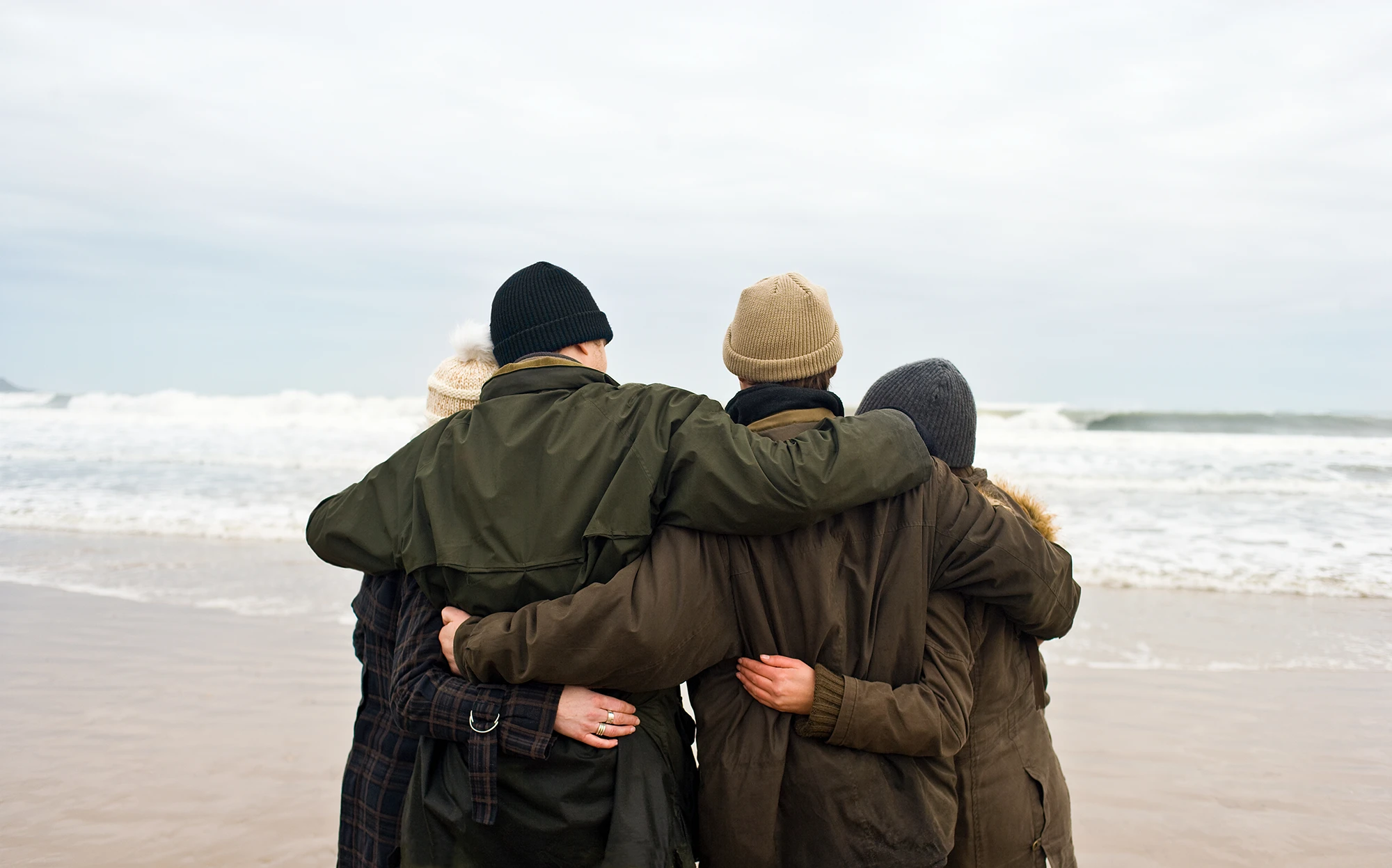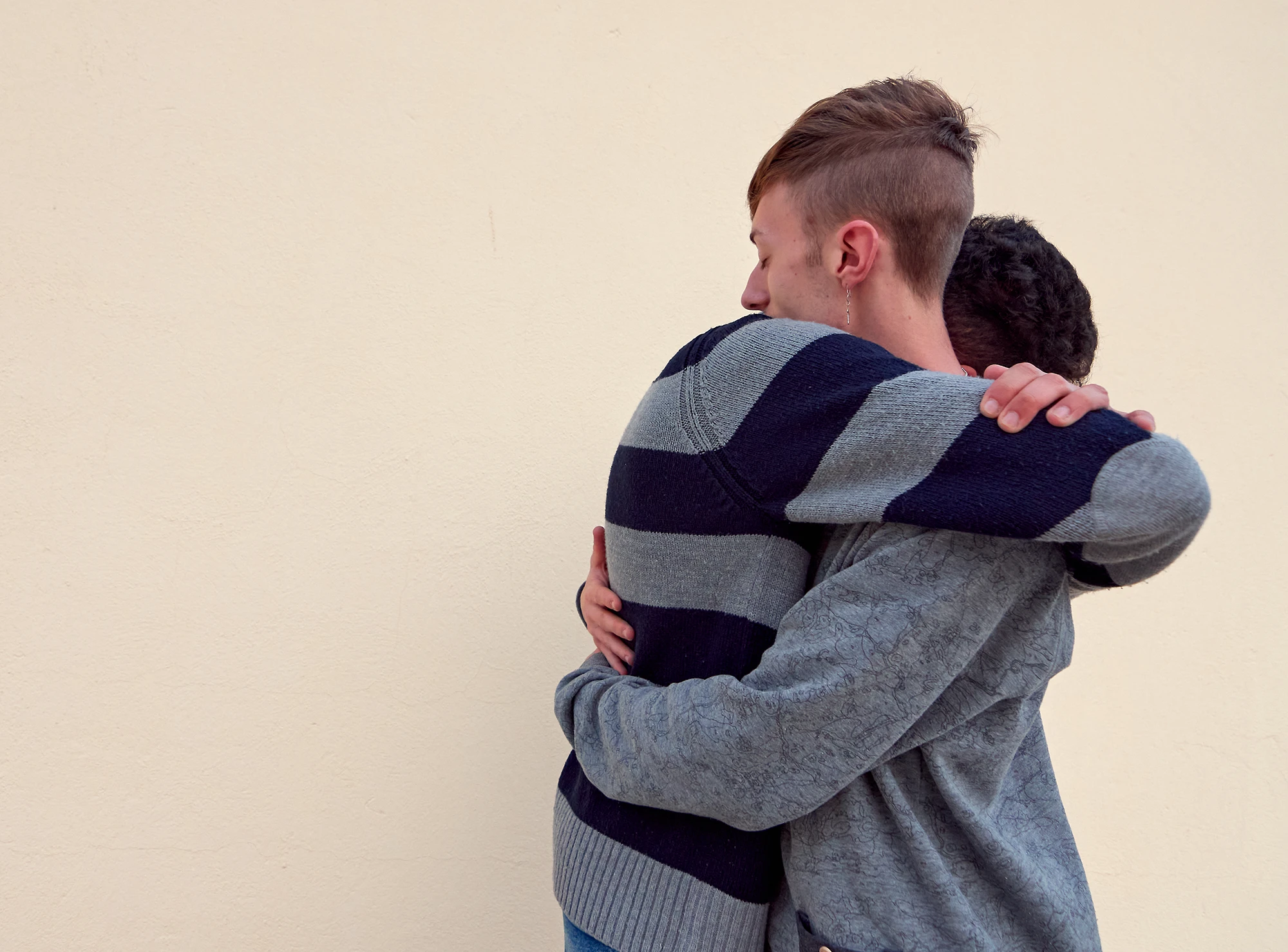
Education
Knife Crime
Knife crime is a serious issue in the UK that has devastating impacts on families and communities. Through education, we aim to raise awareness about this critical topic and discourage knife carrying. Here are some sobering facts about knife crime that we hope will encourage prevention:
In 2021, there were over 26,000 serious knife crimes reported in England and Wales. That equates to over 70 incidents per day involving knives.
You’re more likely to be seriously injured or die from a knife attack than from a gun attack in the UK. Knives are easily accessible and concealable, making attacks more common.
Carrying a knife increases your chance of becoming a victim of violence by over 270%. Those who carry knives are also more likely to use them in anger or when intoxicated, often with tragic outcomes.
One in five young people admit to carrying a knife at some point. Early intervention and education is key to breaking this dangerous cycle.
The consequences of using a knife in an attack are severe. You could face an assault charge and up to 4 years in prison, even if you didn’t intend to use it. A murder conviction carries a mandatory life sentence.
Knife violence has ripple effects that extend far beyond physical injuries. The emotional trauma for victims and their families is often lifelong. Communities also feel less safe.
We hope sharing these sobering realities will encourage youth to choose life over knives and make safer decisions that don’t end in tragedy. Education is key to preventing more devastated families like Matthew’s.

Counselling Resources
Providing support to victims of knife crime and their families is a core part of the Matthew Daulby Foundation’s mission. While no organisation can undo the trauma of losing a loved one, we aim to ensure help is accessible. Our website lists counselling resources to help those suffering find comfort and healing.
One option is Victim Support, a national charity that assists victims of any crime. Their services include emotional support, practical advice and advocacy. People can access free counselling from Victim Support volunteers by calling their 24/7 helpline.
For grief counselling, we recommend Cruse Bereavement Care. They offer both individual and group sessions led by trained volunteers. Cruse can help people work through intense emotions like shock, guilt and sadness after experiencing violence or sudden loss.
Young victims and their families may connect with Minds, a confidential support service for under-25s. Young Minds is available via phone, email, and web chat to discuss any issue privately. It provides a safe, non-judgmental space for working through trauma.
Local counselling centres and support groups run by Mind also offer affordable or free counselling options. We hope these resources give people suffering from knife crime a place to turn for help dealing with physical and emotional recovery. No one has to grieve or heal alone.